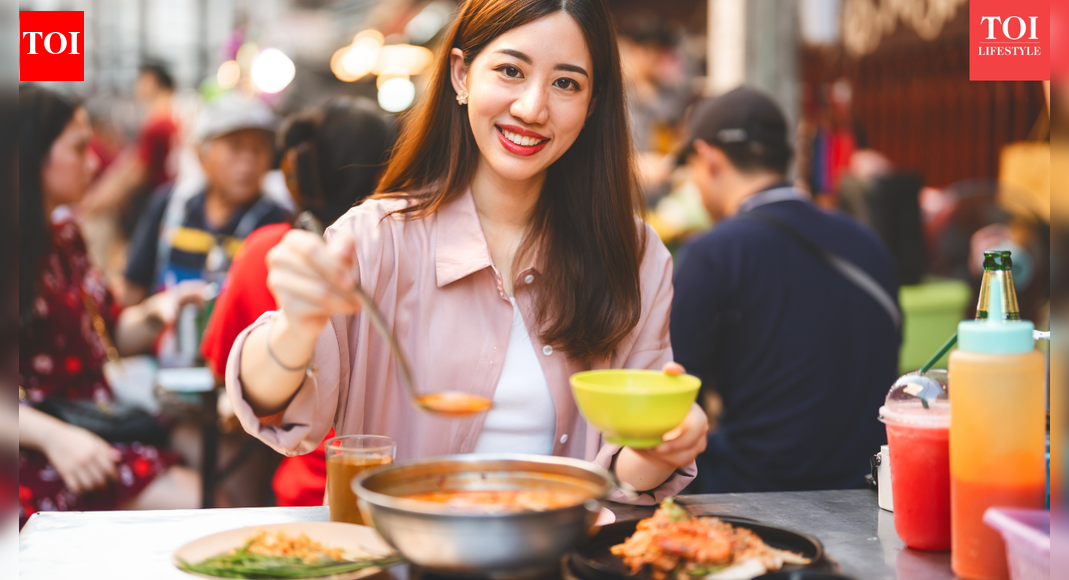Food and travel have always shaped culture, identity, and social behaviour. In 2025, these aspects of life are reflecting broader lifestyle priorities and wellness considerations. From what people eat to how they explore new places, choices are increasingly guided by health, sustainability, and meaningful experiences. Understanding these evolving patterns provides valuable insight into modern Indian lifestyles.
The shift toward authentic and regional cuisine
One notable trend is the growing preference for authentic, regional, and seasonal foods. People are more conscious of the origins of their meals, the methods used to prepare them, and the cultural stories they carry. This has led to a resurgence of traditional cooking methods, artisanal ingredients, and heritage recipes. Restaurants and home kitchens alike are highlighting local grains, indigenous vegetables, and time-honoured preparation techniques. The emphasis on wholesome, minimally processed foods supports both nutrition and cultural preservation.
Food as a driver of travel experiences
Food has become a major factor influencing travel decisions. More travellers now select destinations based on culinary experiences, such as sampling street foods in Rajasthan, enjoying coastal seafood in Kerala, or visiting spice plantations in the Western Ghats. Culinary travel offers a deeper understanding of local culture, history, and agriculture while supporting small-scale farmers, family-run eateries, and traditional food artisans. This intersection of food and travel promotes sustainable practices and strengthens local economies.
The rise of slow and experiential travel
Alongside changes in cuisine, travel behaviour is shifting toward slower, more immersive experiences. Modern travellers prefer longer stays that allow them to explore destinations in depth and connect with communities. Slow travel provides opportunities to learn traditional cooking techniques, visit local food producers, and participate in harvest or cultural activities. By embracing this approach, travellers gain a richer experience that goes beyond sightseeing, offering both educational and sensory engagement.
Take the survey:
TOI Habit Index 2025Tracking these patterns of food choices and travel habits can offer insights into broader lifestyle trends. The TOI Habit Index 2025 Survey, for instance, examines how Indians manage daily routines, eating patterns, and recreational travel. Findings from such surveys help identify emerging preferences and shifts in behaviour, enabling researchers and policymakers to understand cultural, health, and environmental impacts.
The impact on health and well-being
Ultimately, the intersection of mindful food choices and thoughtful travel contributes to overall well-being. Diets rich in fresh, local produce support metabolic health, while experiential travel encourages physical activity, social engagement, and mental relaxation. By integrating these elements into daily life, people cultivate habits that benefit both their bodies and minds.In 2025, food and travel are not just leisure activities. They are indicators of changing lifestyles, reflecting an increased awareness of health, sustainability, and cultural connection. Observing these trends offers a window into the evolving priorities and values of modern India.









